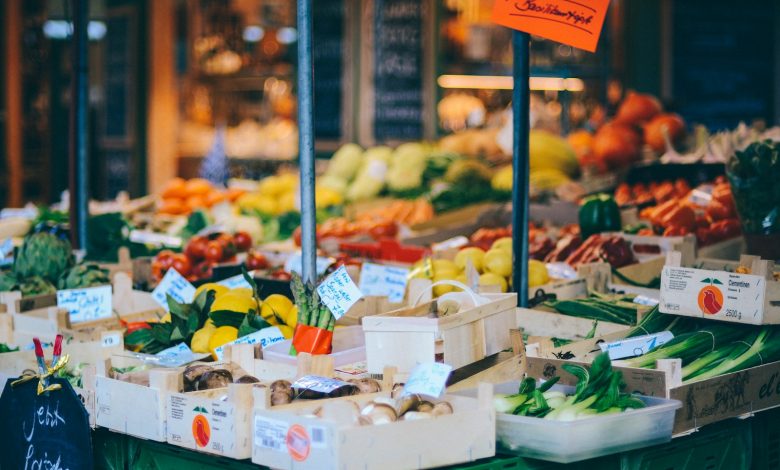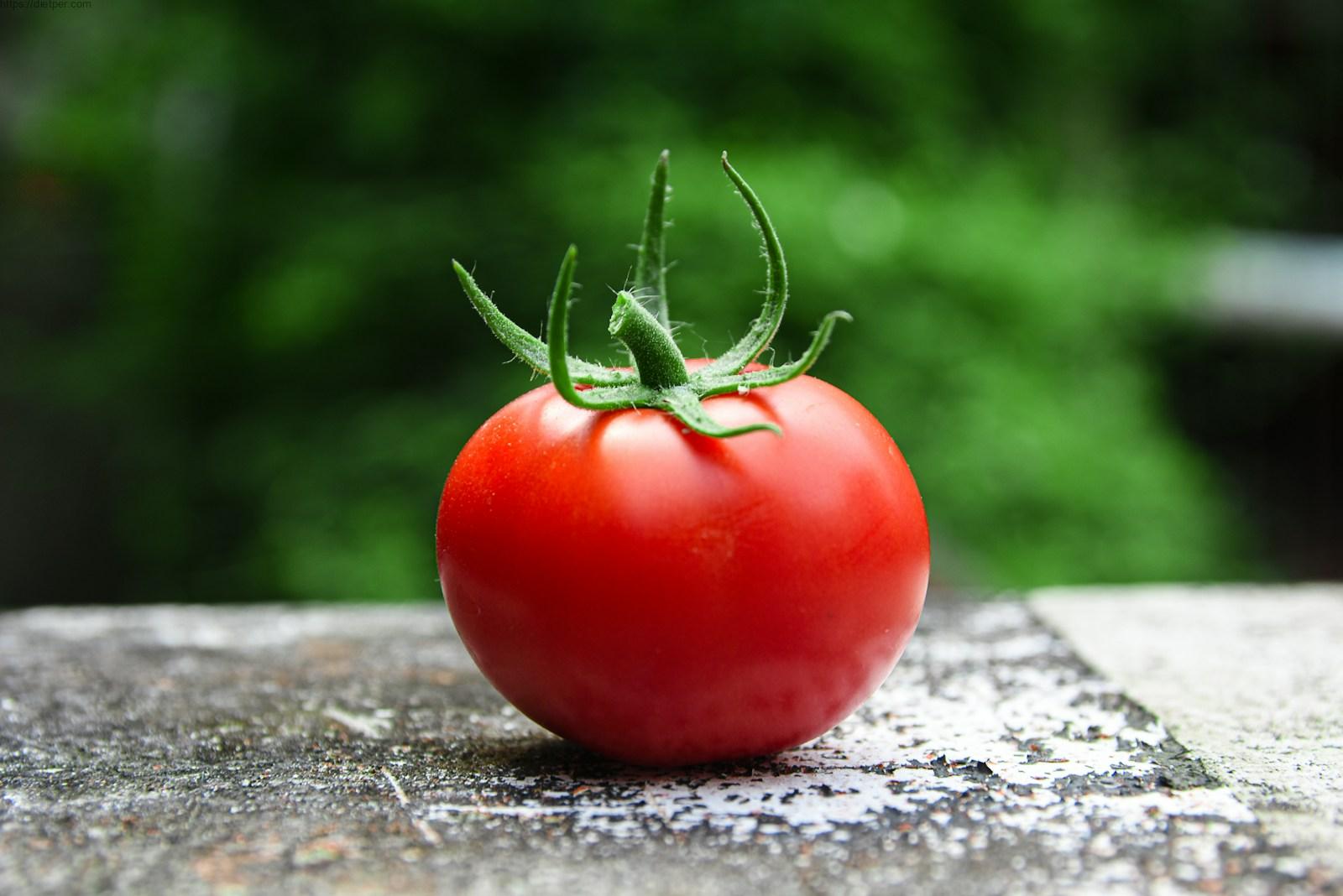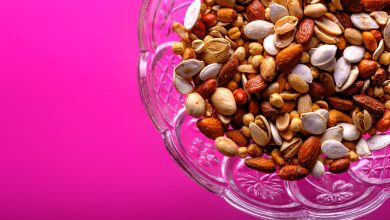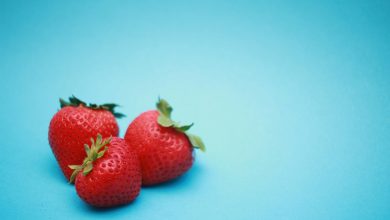15 Affordable Dietary Gallbladder Vegetables To Avoid in 2024
15 foods to avoid with gallbladder issues

Gallbladder vegetables to avoid : Maintaining optimal gallbladder health is essential for overall well-being and digestive function. The gallbladder plays a crucial role in the digestive process by storing and releasing bile to aid in the breakdown of fats. Certain foods can trigger gallbladder issues and discomfort, making it important to be mindful of what you consume to support gallbladder health. We will explore 15 foods to avoid for a healthy gallbladder and provide tips on navigating gallbladder health effectively. By making informed dietary choices and understanding how to care for your gallbladder, you can promote better digestion and overall wellness.
What is Gallbladder Issues ?
The gallbladder is a small organ located beneath the liver that plays a crucial role in the digestive process. Its primary function is to store and concentrate bile, a digestive fluid produced by the liver that helps break down fats in the food we eat. However, various factors can lead to gallbladder issues, such as gallstones, inflammation, or infection, resulting in discomfort and complications.
Gallbladder problems can manifest in symptoms like abdominal pain, bloating, nausea, and indigestion. Understanding the causes and triggers of gallbladder issues is essential for managing and preventing complications. One significant aspect to consider is the impact of diet on gallbladder health.
Certain foods can exacerbate gallbladder problems by triggering gallstone formation or causing inflammation. In this blog post, we will delve into the topic of navigating gallbladder woes by highlighting 15 foods to steer clear of to promote a healthier gallbladder and overall digestive well-being. By making informed dietary choices and avoiding potential triggers, individuals can proactively manage their gallbladder health and reduce the risk of complications.
Common Gallbladder Problems
Gallbladder problems can be debilitating and affect daily life in various ways. The most common issues associated with the gallbladder include gallstones, inflammation (cholecystitis), and bile duct obstructions. Gallstones are solid particles that form from bile cholesterol and bilirubin in the gallbladder. These stones can cause intense pain when they block the flow of bile. Inflammation of the gallbladder, known as cholecystitis, can result from gallstones or other infections, leading to severe abdominal pain, nausea, and vomiting.
Bile duct obstructions can occur due to gallstones or other conditions, causing jaundice, itching, and digestive issues. Understanding these common gallbladder problems is crucial for managing symptoms and seeking appropriate medical care.
The Importance of Diet in Gallbladder Health
The importance of diet in gallbladder vegetables to avoid for health cannot be overstated. Making smart dietary choices can play a significant role in preventing gallbladder issues or managing existing conditions. A diet that is high in unhealthy fats, cholesterol, and refined sugars can increase the risk of gallstones and other gallbladder problems.
To promote gallbladder health, it is essential to focus on a diet that is rich in fiber, fruits, vegetables, and whole grains. These foods can help regulate digestion, promote healthy weight management, and reduce the risk of gallstone formation. Additionally, staying hydrated by drinking plenty of water is crucial for maintaining gallbladder health.
Gallbladder vegetables to avoid is also key in supporting gallbladder health. Foods high in saturated fats, such as fried foods, processed meats, and high-fat dairy products, should be limited. Spicy foods, caffeine, alcohol, and foods high in sugar can also aggravate gallbladder symptoms in some individuals.
15 Foods to Avoid With Gallbladder Health
- Fried and Fatty Foods:
-
- Culprits for gallbladder issues.
- Trigger painful attacks.
- Deep-fried, greasy, and high-saturated fat foods are hard to digest.
- Avoid fast food items like French fries, fried chicken, and processed snacks.
- Spicy Foods:
- Common triggers for gallbladder problems.
- Avoid chili peppers, hot sauces, and curry.
- Can irritate the gallbladder, leading to pain and bloating.
- Opt for milder seasonings to support gallbladder health.
- Dairy Products:
- High-fat content can trigger discomfort.
- Whole milk and full-fat dairy worsen symptoms.
- Opt for low-fat or non-fat alternatives.
- Consider lactose intolerance if experiencing digestive issues.
- Processed Meats:
- High in saturated fats and additives.
- Sausages, bacon, and deli meats can worsen symptoms.
- Choose lean proteins like poultry, fish, tofu, and legumes.
- Lower fat intake to support gallbladder health.
- Refined Sugars and Sweets:
- Crucial to avoid for gallbladder health.
- Cause blood sugar spikes and contribute to weight gain.
- Opt for natural sweeteners in moderation.
- Choose whole foods like fruits and lean proteins for better digestive health.
- Caffeine:
- Stimulates stomach acid, potentially aggravating symptoms.
- Linked to increased risk of gallstone formation.
- Consider reducing or eliminating caffeine.
- Choose decaffeinated options or herbal teas for gallbladder support.
- Alcohol:
- Triggers gallbladder issues.
- Can lead to an imbalance in bile composition.
- Irritates gallbladder lining and causes inflammation.
- Limit or avoid alcohol consumption for gallbladder wellness.
- Carbonated Beverages:
- Fizzy drinks can cause bloating and discomfort.
- Often loaded with sugar or artificial sweeteners.
- Opt for still water, herbal teas, or fresh juices.
- Reduce strain on the gallbladder for better digestive health.
- High-Fat Dairy:
- Troublesome for gallbladder issues.
- Full-fat dairy triggers pain, bloating, and discomfort.
- Choose low-fat or non-fat alternatives.
- Smart dairy choices alleviate symptoms and support gallbladder health.
- Citrus Fruits:
- High acidity can trigger discomfort.
- Lemons, oranges, and grapefruits stimulate bile production.
- Opt for low-acid alternatives like berries and apples.
- Consult healthcare providers for personalized dietary recommendations.
- Red Meat:
- High in saturated fats, challenging for the gallbladder.
- Can trigger symptoms like pain and bloating.
- Opt for leaner proteins like poultry, fish, and plant-based alternatives.
- Reduce or eliminate red meat for gallbladder comfort.
- Cruciferous Vegetables:
- Rich in nutrients but challenging to digest.
- Broccoli, cauliflower, and cabbage can cause gas and bloating.
- Limit or avoid to prevent discomfort.
- Work with healthcare providers for personalized nutrition plans.
- Gluten-Containing Foods:
- Gluten may trigger inflammation and digestive distress.
- Avoid wheat, barley, and rye.
- Opt for gluten-free alternatives like rice and quinoa.
- Manage gallbladder issues by making informed dietary choices.
- Artificial Sweeteners:
- May trigger digestive symptoms, especially in sensitive individuals.
- Aspartame, saccharin, and sucralose disrupt gut bacteria.
- Choose natural sweeteners like honey or maple syrup.
- Mindful dietary choices for better gallbladder health.
- Spicy Sauces – Gallbladder vegetables to avoid
- Issue for Gallbladder Health:
- Potential troublemaker for gallbladders.
- Spicy sauces and condiments can aggravate symptoms.
- Avoidance Recommended:
- Consider limiting or avoiding these sauces.
- Opt for milder alternatives to support gallbladder well-being.
- Impact on Digestive System:
- Spices like chili peppers may irritate the gallbladder.
- Choose gentler options to minimize discomfort.
- Personalized Advice:
- Individual tolerance may vary.
- Consult healthcare providers for tailored dietary recommendations.
- Issue for Gallbladder Health:
Gallbladder vegetables to avoid – 7 day gallbladder diet menu
Dealing with gallbladder issues? This 7-day menu offers delicious, gallbladder-friendly choices to support your well-being. Let’s dive in!
Day 1-2: Light Start
- Breakfast: Oatmeal with banana slices
- Lunch: Grilled chicken salad
- Snack: Greek yogurt
- Dinner: Baked salmon, steamed veggies
Day 3-4: Fiber Boost
- Breakfast: Whole grain toast with avocado
- Lunch: Quinoa and vegetable bowl
- Snack: Fresh berries
- Dinner: Lentil soup, mixed greens
Day 5-6: Protein Power
- Breakfast: Scrambled eggs with spinach
- Lunch: Turkey and hummus wrap
- Snack: Almonds
- Dinner: Grilled shrimp, roasted sweet potatoes
Day 7: Cleansing Finale
- Breakfast: Green smoothie (spinach, banana, almond milk)
- Lunch: Chickpea salad
- Snack: Apple slices with nut butter
- Dinner: Broccoli and tofu stir-fry
The Important List of foods you can eat with gallstones
When dealing with gallbladder vegetables to avoid, consider incorporating the following foods into your diet:
- Fruits: Apples, pears, citrus fruits, and berries.
- Vegetables: Leafy greens, broccoli, cauliflower, and carrots.
- Whole Grains: Oats, quinoa, brown rice, and whole wheat.
- Lean Proteins: Skinless poultry, fish, tofu, and legumes.
- Healthy Fats: Olive oil, avocados, and small portions of nuts and seeds.
- Low-Fat Dairy: Fat-free or low-fat options for milk, yogurt, and cheese.
- Herbs and Spices: Use herbs like mint, basil, and spices like turmeric for flavor.
- Water: Stay well-hydrated with water throughout the day.
Gallbladder vegetables to avoid :-Tomatoes and gallbladder attacks
Tomatoes are generally considered safe for individuals with gallbladder issues. However, some people may find that highly acidic foods, like tomatoes, can trigger discomfort or exacerbate symptoms during a gallbladder attack. It’s advisable to observe how your body reacts to tomatoes and, if necessary, limit your intake.
Gallbladder vegetables to avoid :- Gallstones diet sheet pdf
Frequently Asked Questions – Gallbladder vegetables to avoid
What foods help heal gallstones?
While there’s no specific diet to “heal” gallstones, certain foods may help manage symptoms and support gallbladder health:
- Fruits and Vegetables: Rich in fiber and antioxidants, they aid digestion. Opt for a variety of colorful produce.
- Whole Grains: Foods like brown rice, quinoa, and whole wheat provide healthy fiber.
- Lean Proteins: Choose sources like poultry, fish, tofu, and legumes for a protein boost without excess fat.
- Healthy Fats: Incorporate sources of omega-3 fatty acids, like fatty fish, flaxseeds, and walnuts.
- Low-Fat Dairy: Select reduced-fat or fat-free dairy products to minimize fat intake.
- Nuts and Seeds: Small amounts of nuts and seeds can be part of a gallstone-friendly diet.
- Hydration: Drink plenty of water to help prevent the formation of gallstones.
What can i eat for breakfast with gallbladder problems ?
For a gallbladder-friendly breakfast, opt for low-fat, easily digestible options. Try oatmeal with sliced bananas, Greek yogurt, or scrambled eggs with spinach. Whole grain toast with a small amount of avocado is another good choice.
Can i eat eggs with gallstones ?
Absolutely, you can include eggs in your diet if you have gallstones. Eggs are generally well-tolerated and a good source of protein. However, it’s wise to opt for lean preparation methods like boiling or poaching, as fried or heavily seasoned eggs may trigger discomfort in some individuals.
Final Words :- 15 Gallbladder vegetables to avoid
Gallbladder vegetables to avoid :- Maintaining gallbladder health is crucial for overall well-being, and being mindful of the foods you consume plays a significant role in this process. By avoiding certain foods that can trigger gallbladder issues, you can reduce the risk of discomfort and potential complications. Incorporating a balanced diet rich in fruits, vegetables, lean proteins, and whole grains can promote gallbladder health and support digestive function.
Remember to stay hydrated, exercise regularly, and consult with a healthcare professional for personalized advice on managing your gallbladder health. Making informed dietary choices and leading a healthy lifestyle can go a long way in safeguarding your gallbladder and promoting your overall health and wellness.





